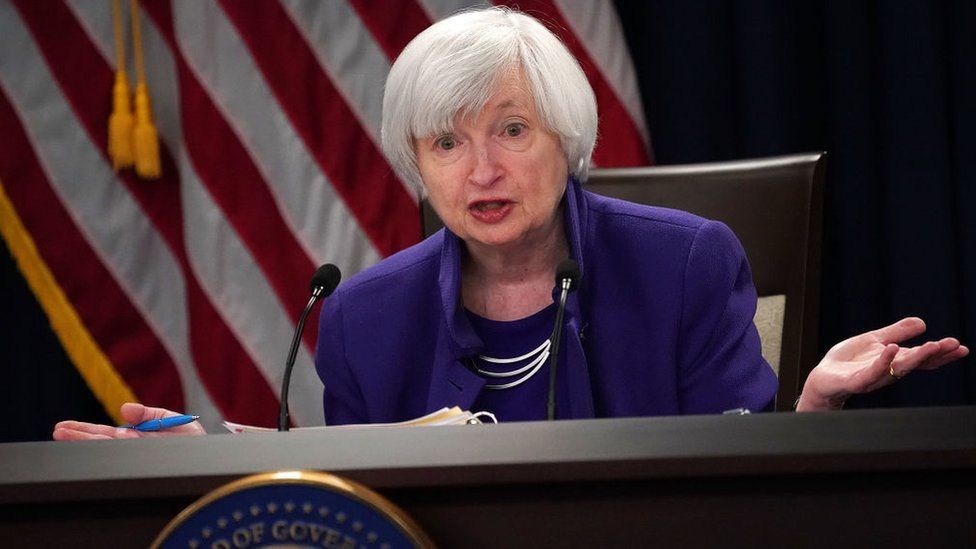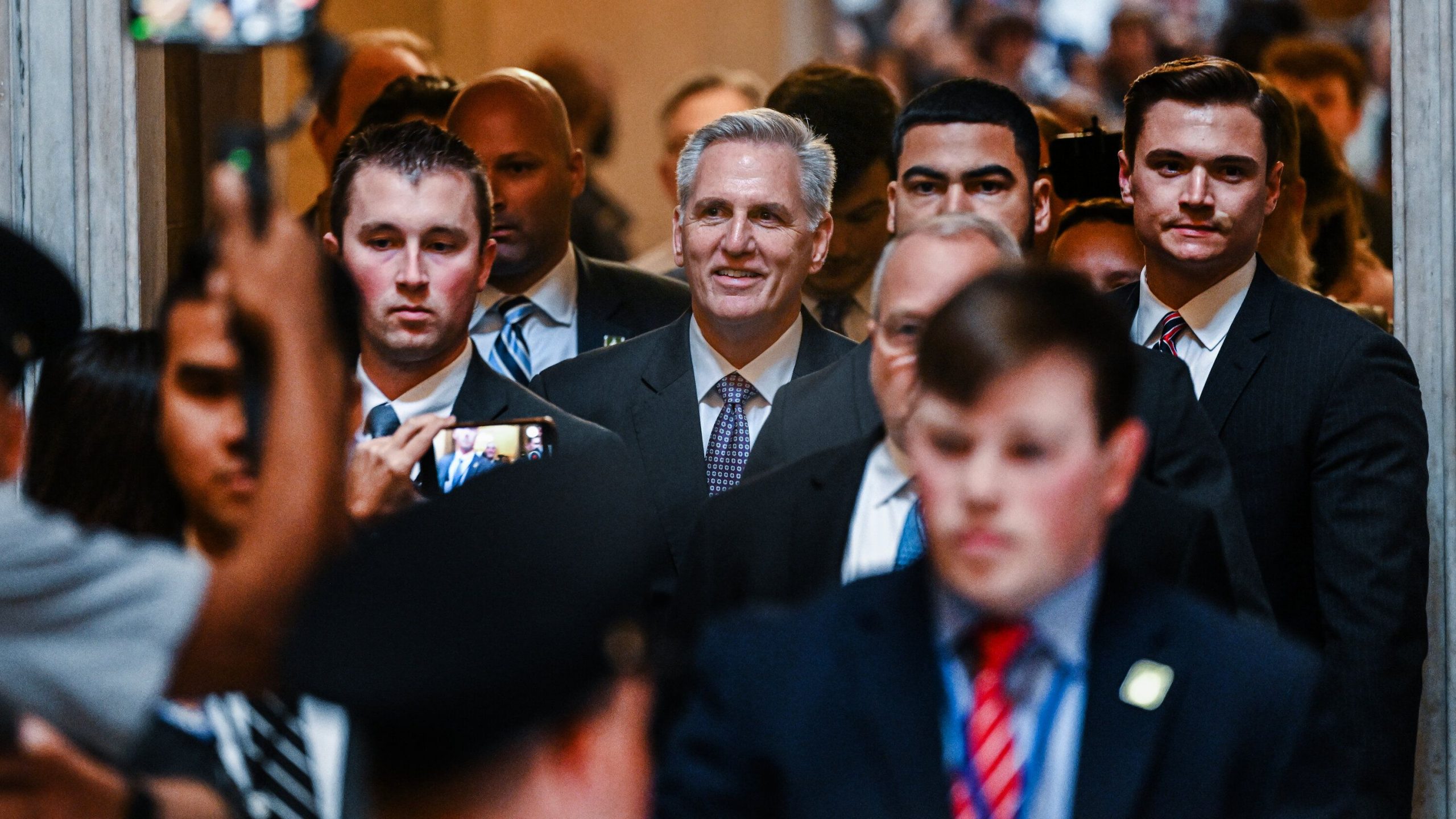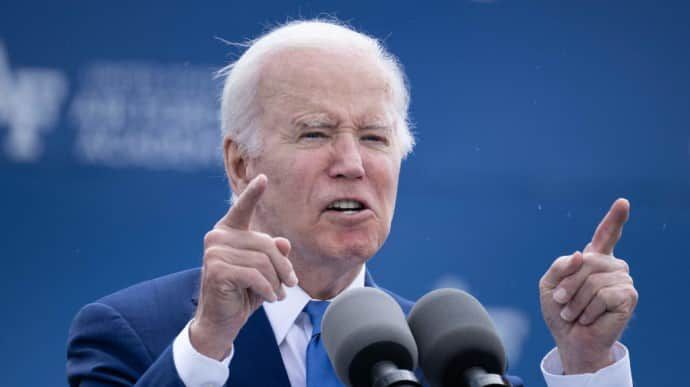In a late-night session on Wednesday, the House of Representatives passed a critical bill designed to raise the United States’ debt ceiling for more than two years. This move grants the Senate just a few days to act before the nation potentially defaults on its financial obligations. The legislation received mixed support from both Democrats and Republicans, with a final vote of 314-117.
The central aspect of the legislation is a cap on federal spending, negotiated by House Speaker Kevin McCarthy and President Joe Biden. This will freeze spending for 2024 and set new limits for 2025, all while not touching entitlement programs such as Social Security or Medicare. Military spending, however, will see a 3% increase under the plan.
For the legislation to pass in the Senate, it requires a minimum of 60 votes. Democrats currently hold a slim 51-49 majority in the Senate. The potential for delay is significant, as a single senator has the power to disrupt proceedings by introducing a flurry of amendments, extending the process over several days.
Securing the necessary votes to pass the bill wasn’t easy, and it was a process marred by controversy and divisions within both political parties. Several concessions were made to ensure the bill’s passage, causing some members on both sides of the aisle to express their discontent.
Among the major compromises was the inclusion of increased work requirements for qualifying for food assistance. The aim is to incentivize job seeking, a move that seems particularly apt considering the current state of the labor market.
An additional component of the deal involves extending the nation’s borrowing limit for over two more years. This takes the credibility of the United States’ ability to pay its debts off the negotiation table until after the next presidential election. A move, it is hoped, will give financial markets a prolonged period of stability, mitigating an issue that regularly threatens economic chaos.

Treasury Secretary Janet Yellen has been clear about the gravity of the situation, warning that a default on U.S. debt could be imminent if a solution is not reached by Monday.
Critics of the bill, including Republican Senator Mike Lee, have been vocal in their disapproval. Lee branded the legislation a “fake response to burdensome debt” and has pledged to table multiple amendments. Nevertheless, he indicated that he would not delay the bill beyond Monday, provided that votes on his amendments are held.
Notably, Senate Minority Leader Mitch McConnell has encouraged his colleagues to expedite approval of the bill, emphasizing the severe economic consequences of a potential default.
In response to the House vote, Business Roundtable CEO Joshua Bolten released a statement warning of the negative market reaction and economic implications should the Senate fail to act promptly.
The Senate is thus under pressure to follow the House’s lead and approve the bill before the debt ceiling deadline, with Senate Majority Leader Chuck Schumer warning members to be prepared for a potentially long voting session this coming weekend.
The fate of the bill and, by extension, the financial security of the United States, now rests in the hands of the Senate. With the clock ticking towards potential economic crisis, the eyes of the nation are on Capitol Hill as senators prepare to make a decision that could have far-reaching implications.
©traders-news.online










